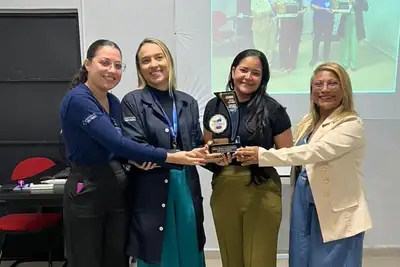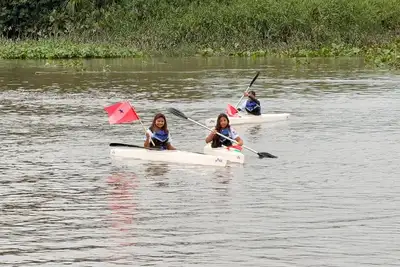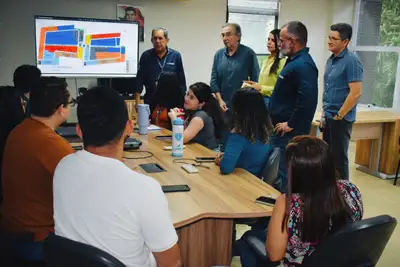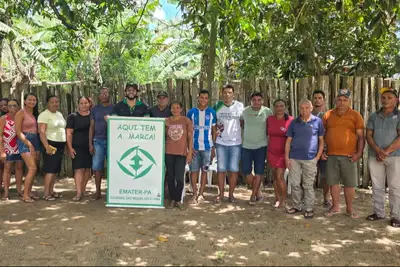Government of Pará extends Fishing Agreement and ensures security for communities
Ordinance extends the validity of the instrument that organizes the use of fishery resources in the Resex Tapajós-Arapiuns and in the Flona do Tapajós for one year
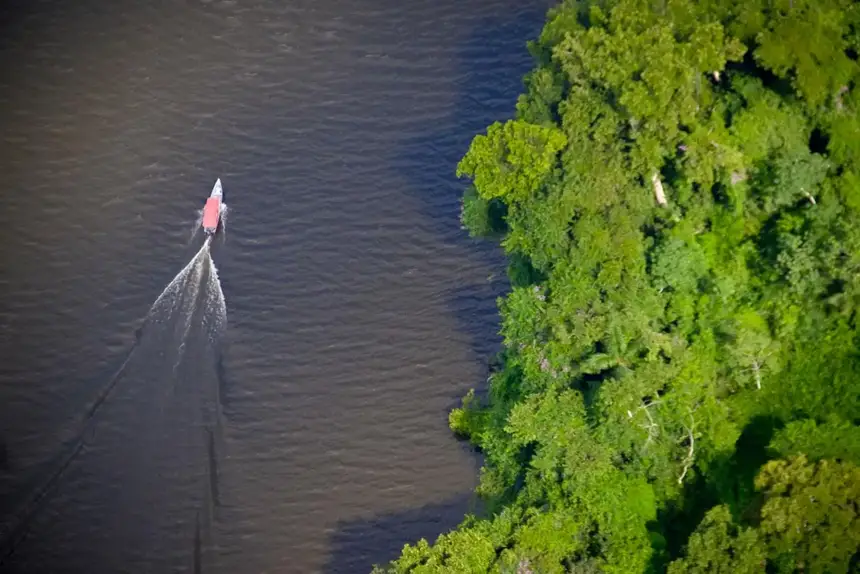
The State Government, through the Secretary of Environment, Climate and Sustainability (SEMAS), has extended the Fishing Agreement that regulates the use of fishery resources in the influence area of the Tapajós-Arapiuns Extractive Reserve and the Tapajós National Forest for another year. The instrument is fundamental for environmental conservation and the protection of traditional communities in this region.
The Fishing Agreement establishes rules for the management of the use of lakes and rivers in the Tapajós region, defining protection areas, restriction periods, permitted practices, and community control mechanisms. It is the result of a joint effort between riverside communities, local organizations, environmental institutions, and the state public power.
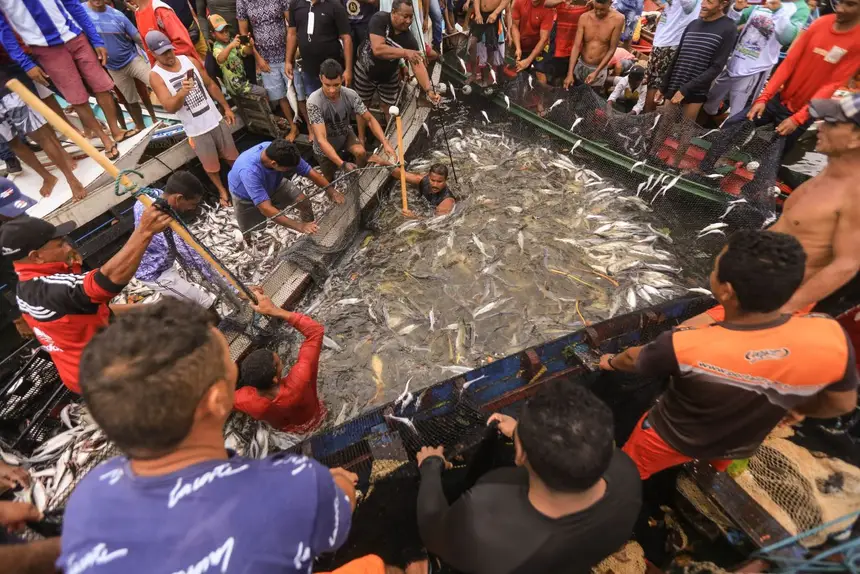
Rodolpho Zahluth Bastos, Deputy Secretary of Environmental Management and Regularity, Climate and Sustainability, emphasized that the extension guarantees stability and legal security for the continuity of this management model. “This agreement is the result of dialogue and leadership from the communities of Tapajós and Arapiuns who live in conservation units managed by ICMBio. By extending it, the State ensures sustainable practices of artisanal fishing in the region, protecting fish stocks and strengthening those who live in this rich ecosystem of interaction between river and forest. Artisanal fishing is the main vector of riverside socio-bioeconomics in the Tapajós region.”
Protection of socio-biodiversity
The Tapajós encompasses important spawning areas for commercial and subsistence species. The agreement serves as an instrument for environmental protection and the management of traditional practices.
“It is not just about regulating fishing, but about protecting culture, traditional economy, and food security for extractive families. Pará has made progress in implementing proximity policies and governance models that integrate conservation and local development. The Tapajós-Arapiuns Fishing Agreement is a symbol of this path,” said Rodolpho.
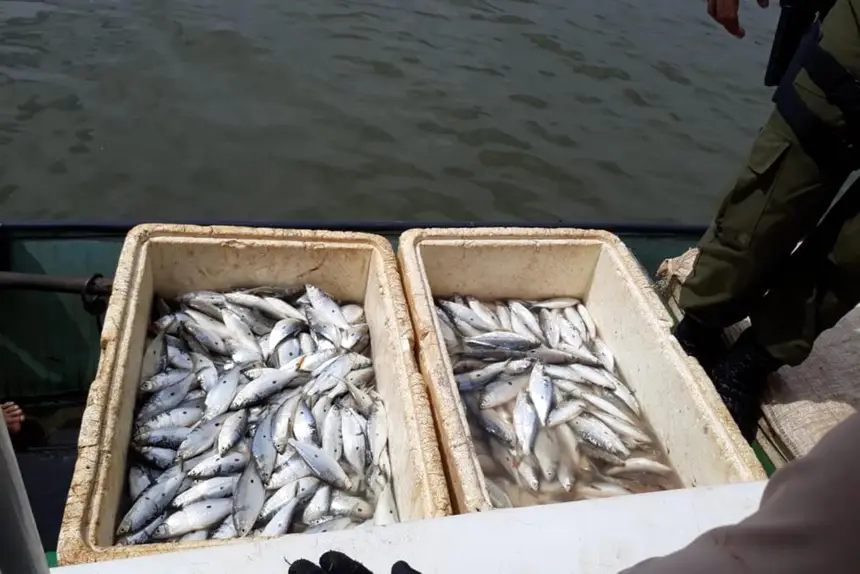
Measure ensures continuity of inspection and monitoring actions
The extension also allows Semas, together with community leaders, to maintain and improve participatory monitoring actions, territorial surveillance, and combat predatory fishing. Among the advances planned for the new period are: strengthening community surveillance brigades; expanding fishing monitoring indicators; technical support for reviewing and updating internal rules; integration between Semas, Ibama, and ICMBio for joint inspection actions.
The deputy secretary reaffirmed that the decision is part of the set of environmental policies adopted by the State in recent years, as a commitment to climate governance and environmental justice. “The protection of fishery resources in the Tapajós is directly linked to the climate agenda, the conservation of ecosystems rich in biodiversity, and the recognition of the rights of traditional peoples. Pará will continue to build public policies based on active listening and shared management.”
The agreement was signed in 2022 during a meeting of the members of the Councils of the Resex Tapajós-Arapiuns and Flona Tapajós, with the presence of Semas and organization of ICMBio (Chico Mendes Institute for Biodiversity Conservation).
It is the first fishing pact concluded under the validity of State Decree No. 1,686/2021, which established criteria for the formalization of fishing agreements in Pará, submitted by communities to Semas. It is also the first Fishing Agreement signed after Normative Instruction (IN) No. 02, published also in 2022, which established the procedures for the approval of fishing agreements by Semas in Pará territory.
Text by Lucas Maciel / Ascom Semas


